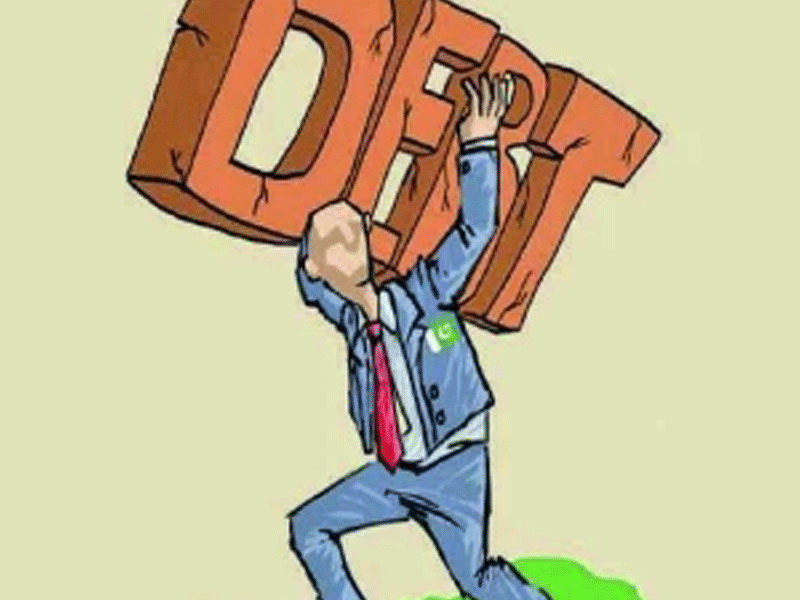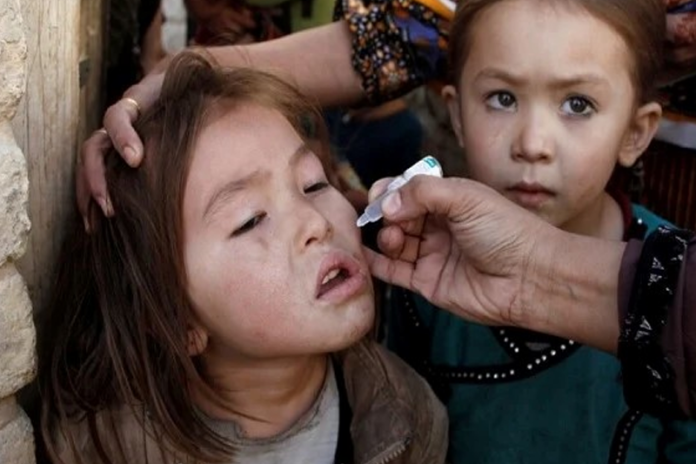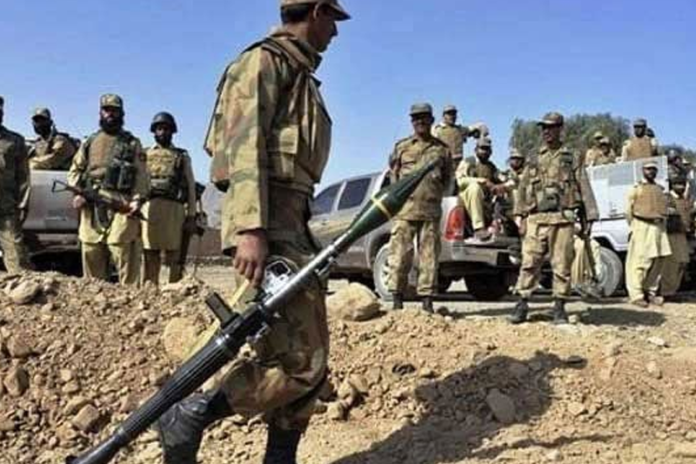Stuck in the quagmire of decline

- 238
- 0
Despite being rich in all kinds of natural resources and talented manpower, Pakistan has been stuck in the quagmire of economic decline due to decades of political instability and lack of continuity in economic strategy due to this.
It will definitely take time for the efforts to be achieved, but with correct decisions and necessary economic reforms, it is not impossible to reach this destination.
However, the current situation is that the technical level negotiations between the International Monetary Fund and the Government of Pakistan for the second tranche of the IMF's standby arrangement of three billion dollars in November at the beginning of this fiscal year.
It has come to light that Pakistan is facing a huge financial deficit of six and a half billion dollars and it is important to satisfy the IMF regarding the arrangements to close this gap.
Based on this, the caretaker federal government has once again decided to approach friendly countries including Saudi Arabia and the United Arab Emirates for financial resources.
According to the sources, help will be taken from the Islamic Development Bank, Asian Development Bank and the World Bank for this purpose, while the current account deficit will also be reduced by controlling the expenses, as a result of which the current account deficit will be reduced according to the caretaker government's estimate. It will be four and a half billion dollars. However, in order to reduce the burden of debts, every possible effort should be made to privatize government institutions running at heavy losses as soon as possible, which has also been suggested by the IMF, while such a strategy for economic recovery and development on a permanent basis must be adopted by national consensus without any fundamental change by the change of governments.
On the one hand, the negative news of economic decline and trade deficit is making rounds while on the other hand, the positive news of development projects are also in the news. The Central Development Working Party (CDWP) has approved 9 development projects worth Rs 233 billion 88 crore for various sectors including energy, education, food and agriculture and science and technology.
Among them, 4 mega projects worth 213 billion 86 crore rupees have been sent to ECNIC for approval. According to the announcement issued by the meeting presided over by the Deputy Chairman Planning Commission, 24 billion 64 crore rupees have been earmarked for the Khyber Pakhtunkhwa Food Security Support Project. Funding for the program will be provided from PSDP. Reconstruction and upgradation of completely and partially destroyed primary schools in 17 districts of Sindh will be completed with 83 billion 18 crore rupees. The devastation caused by the 2022 flood is unprecedented in our history.
Some time ago, ECNIC had approved a project for the construction of flood-affected schools in Sindh, which was estimated to cost 12 billion 33 crore rupees.
A 43 billion 40 crore project was also included for the rehabilitation of flood victims in all the districts of Balochistan, for which the World Bank had to provide funds.
The approval of these projects of public interest reflects the realization of public problems and the development of backward areas. 31 billion 41 crores have been earmarked for the Women Inclusive Finance Development Program of the social sector, which will support women entrepreneurs, science and technology. 1 billion 50 crores for the sector and phase one settlement plan for the refugees of Jammu and Kashmir in Azad Kashmir was also approved. This project will be implemented in Bagh, Hattian Bala, Kotli and Muzaffarabad districts of Azad Kashmir.
Meanwhile, in the negotiations between Pakistan and the IMF that started on Thursday, some questions have been raised regarding the stability of the financial framework for the entire fiscal year 2023-24 by the International Monetary Fund, but consistency for achieving economic stability.
The need to continue traveling on the path of the first round of discussions deals with technical issues. This period between the two delegations, which started from November 2, will continue till November 10, 2022, while the policy level talks will be held from November 13 to 16.
Finance Minister of the Caretaker Government Dr. Shamshad Akhtar and Head of IMF Mission to Pakistan Nathan Porter led their respective delegations are in the talks. In the talks, the performance of the first quarter of the monthly loan program, which started from July, was reviewed. There is no doubt that on one hand the International Financial Institution will want to fulfill its conditions and on the other hand Pakistan will not avoid tough decisions for the long-term stability of its economy.
In the technical level talks, the IMF also sought details regarding tax revenue prospects on how the agreed budget target of Rs 90.4 trillion will be collected. In the second phase of the talks i.e. policy level talks, the financial institution will bring its proposals to finalize the Memorandum of Economic and Financial Policies.
If there is an agreement between the parties on the staff level, Islamabad will be able to get assistance of 700 million dollars from the loan program.
The ongoing loan program for the period of three quarter has started from July and will continue till March 2024.
It is expected that the ongoing negotiations will be successful. And the loan program will go well.
But the thing is that we need long term strategy to come with such plans to revive the economy on permanent basis. We go again and again to the IMF and in the process, the international monetary body demands regarding financial regulations regarding more taxes are resulting in extreme burden on the common man. The electricity and gas prices are very high while the inflation is also at its peak and the price hike is such that the common man is running from pillar to post to make both ends meet.
Published in The Daily National Courier, November, 11 2023
Like Business on Facebook, follow @DailyNCourier on Twitter to stay informed and join in the conversation.

















































